"Gays should protest black people! The new conflict
is gays vs. blacks, and blacks vs. gays. And black gays
vs. themselves. It's gonna be great." --
Stephen Colbert
I've been waving
a sign on street corners since H8 passed: "Black
Queers." Responses have varied -- from honks of support
to looks of disapproval from blacks and whites. A
black woman came up to me at a rally and asked me if I
didn't think the sign was offensive to black people.
She looked around as if there were a person in charge of
things like this, someone who could head-nod in
disagreement.
I said, "It's who
I am, and people should know," flipping it over to
reveal another slogan: "We Do Exist." When I carry the sign
in the middle of a crowd, it faces in and then out,
equally interchanged -- a message to my communities.
"We've been going
up to the church every weekend to volunteer. You know
they want to sue our church if we refuse to marry them?" my
dad says.
My dad used to
come to rallies I planned for National Coming Out Week at
University of California, Los Angeles; he was the first
family member I chose to come out to as a lesbian (and
then as a bisexual). He respected and comfortably got
along with my transgender girlfriend, always saying,
"I love you for who you are."
"They" got to him
and to most of my immediate and extended
African-American family over the age of 21. Mormons
deviously targeted one of their most unlikely allies
for a campaign of misinformation. Enemy of my enemy
won the day, but I actually find the subsequent discourse
regarding "black backlash" highly encouraging.
Anger is getting
people to talk and making them ask hard questions. I met
an African-American couple who shared their experience
volunteering for No on 8 even while they dealt with
discriminatory comments from within. Since we all
happened to be at the same rally, we walked over and talked
to Lorri Jean of the Los Angeles Gay and Lesbian Center. She
was aghast, saying, "We've got a lot of educating to
do in our own communities."
Instead of
continuing to talk to my loving mother about how hard the
struggle is for black queers, I asked her if she voted yes.
"I love you and accept you as you are,"
she said, "but I cannot support your marriage
to a woman." Honest, and very to the point --
"marriage is religious," "it is
representative of the black family," it's the new
tent pole for the Christian right, and it's held aloft
by the moral high ground assigned to blacks by
mainstream culture. It's really not a good thing for
anyone, for when the backlash against proponents of H8
begins, African-Americans are first in the line of
fire. African-Americans did vote disproportionately
for Prop. 8, and as a community we are also
disproportionately affected by HIV, the cops, access to
quality education, and glass ceilings.
Somehow I see a
correlation. I see ties between bigotry, fear, and
ignorance -- but how do you get beyond that to love?
"This God = Love
stuff I just don't get," says the black pastor on the
corner of La Cienega and Centinela, in the predominantly
African-American Ladera Heights neighborhood. "Keith," as
I'll call him, came up to us as our flag-waving wound
down, saying he had a couple of questions.
At first Keith
didn't know a single gay person. As the corner grew
colder, Keith remembered his cousin who'd moved away
and didn't keep in touch. "Married for years
and now he has a partner up in San Fran."
I asked Keith,
"Do you know how many of us are gone from the table
during Thanksgiving?"
"Your choice,
your choice," the usual response.
A multicultural
group of us -- including blacks, Latinos, Jewish, and
non-culturally identified -- kept talking to Keith, and each
of us had different ways of approaching the phobia. I
prayed that God would bless his heart with
understanding as he had mine. I wanted to argue the
biblical points I long ago reconciled between me and my
Jesus. I wanted to bring up Huey Newton's support for
the Gay Liberation Front in the '70s.
Others took the
legal route, talking about Social Security and insurance
benefits. One or two just wanted to shout "equal
rights" in his ear as they continued to make
the circuit around us. We were as different as can be,
yet united for the same cause and finally representing
every side of the rainbow.
I'm more hopeful
than some of my African LGBT peers that the mainstream
will embrace queers of color as essential to winning this
fight.
When I first
began going to my favorite restaurant-bar, the Abbey, nearly
10 years ago, I was usually the only black in the place and
often got asked if I was lost. These days there's less
need for the customary head-nod African-Americans
employ to recognize strangers in strange lands. In my
family I've been able to see progression as well: My mother
still speaks in tongues, but she now believes God made me a
certain way. She hasn't found a way to see my love as
the same, as worthy of tradition, but I'm still going
to sit at her table and try.
I need my LGBT
community to support my efforts, while it understands
at the same time that there are discriminations that only
people of color face. Perhaps we've all spent too long
creating separate "safe spaces." We need to get
uncomfortable in our skin so we can grow new ones
fully free of internal bigotries. It's been unfortunate to
see "Gay Is the New Black" and similar signs springing
up during rallies. Or hearing comments like "What is
this? A Latino rally or gay rights? Why are they
chanting in Spanish?"
The truth
remains: People of color have fought for civil rights in the
past and still fight. People of color have the most
experience changing hearts and minds over generations,
and the same must happen for the lesbian, gay,
bisexual, and transgender community -- so why not find the
overlapping pieces as key to solving the puzzle?
-- "Quite the contrary, maybe a homosexual could
be the most revolutionary." - Huey
Newton, Black Panther Party cofounder.
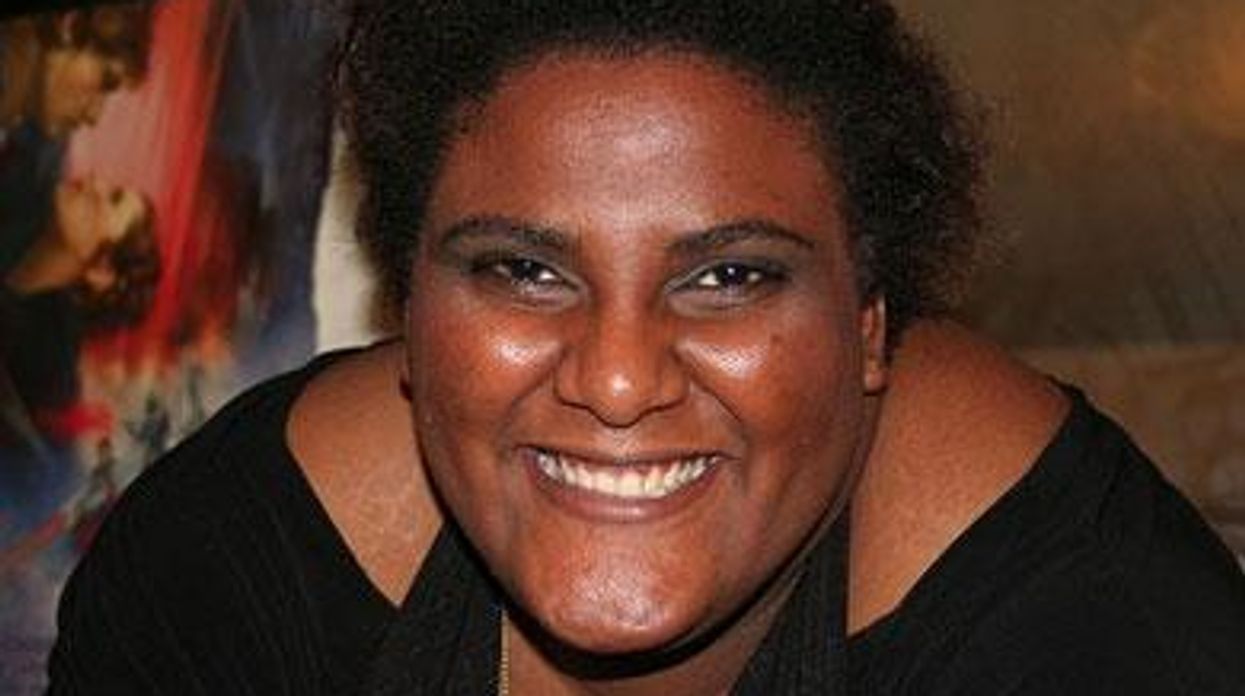


















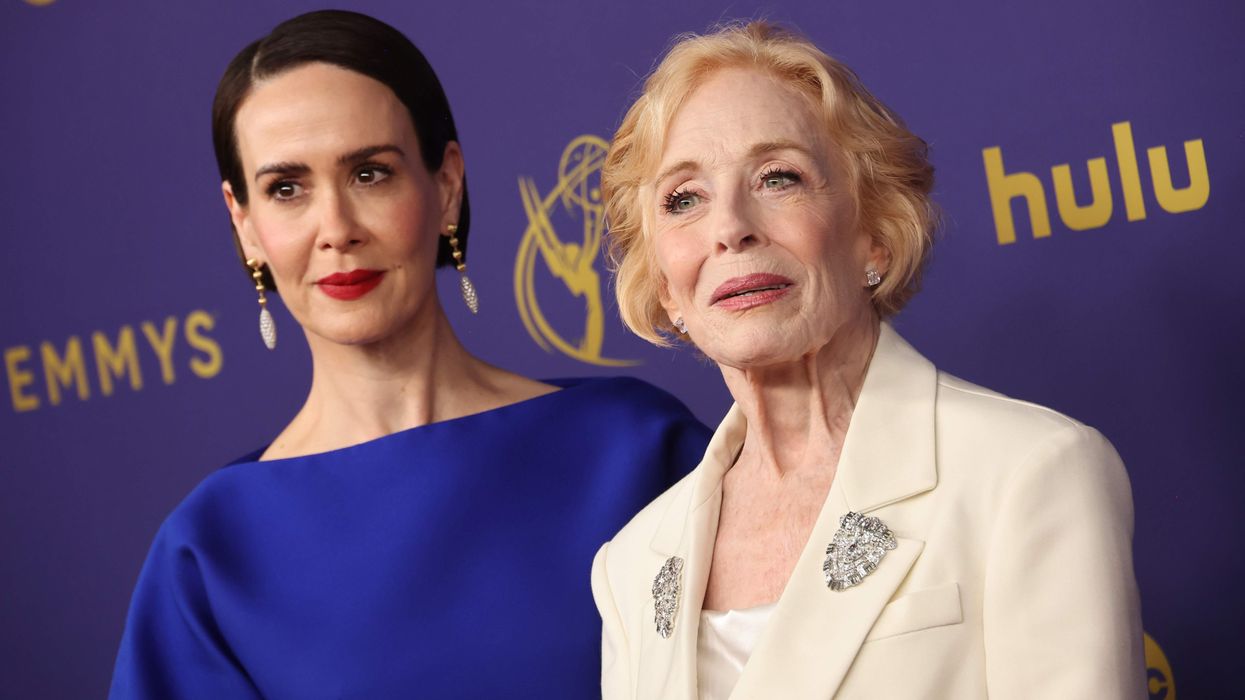

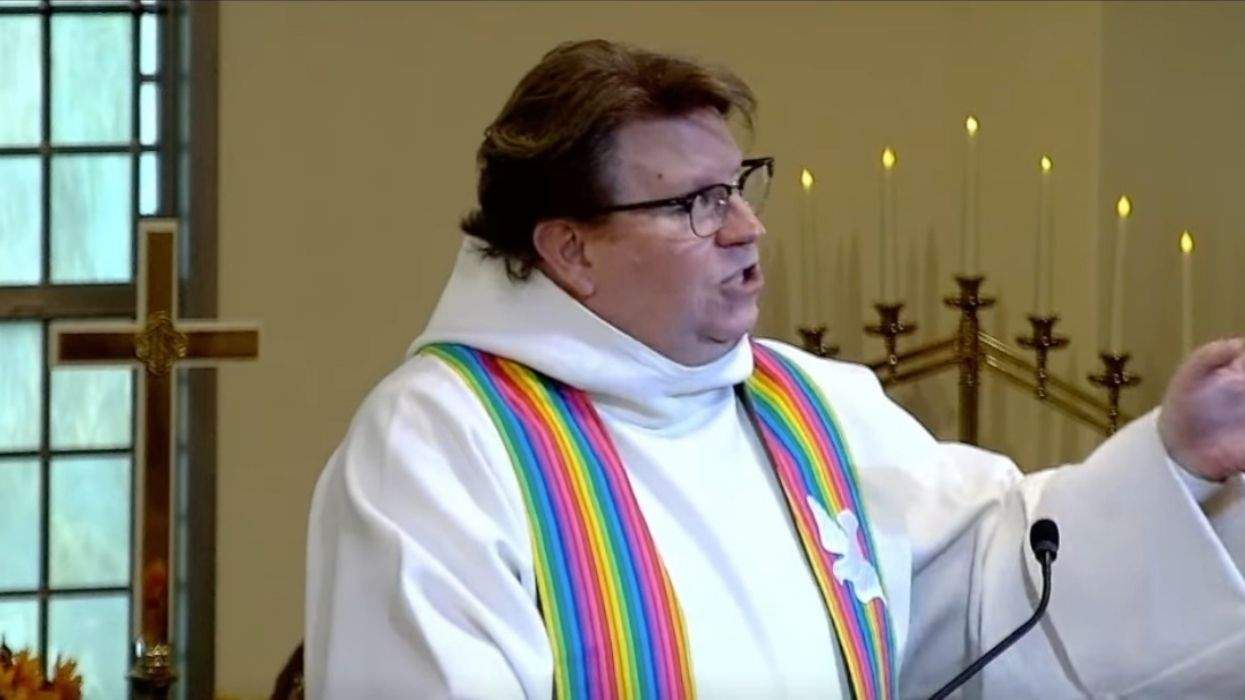


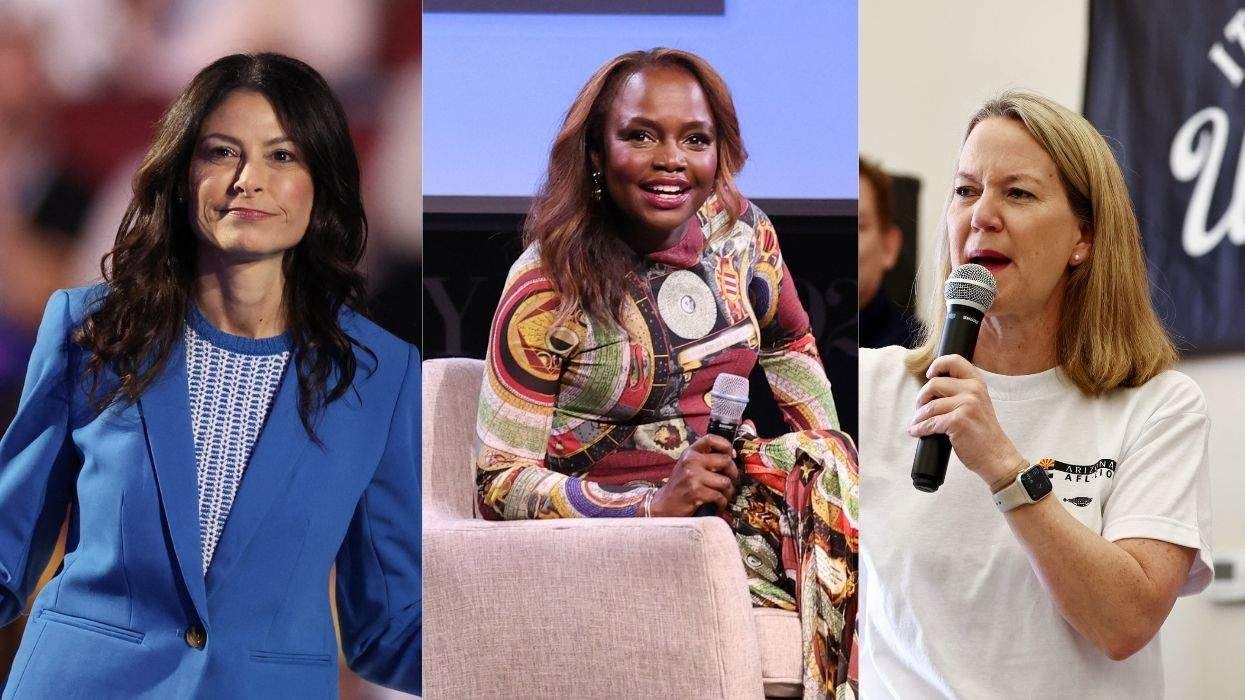


















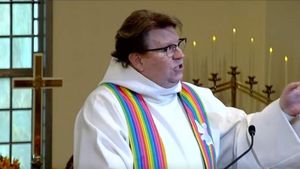









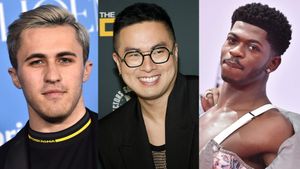

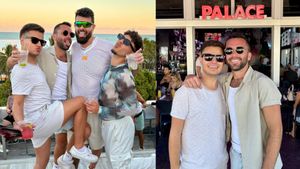


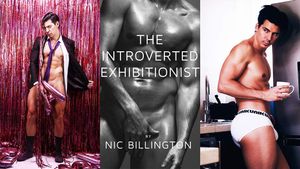
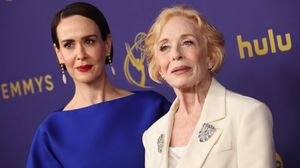
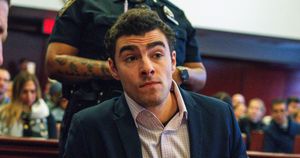

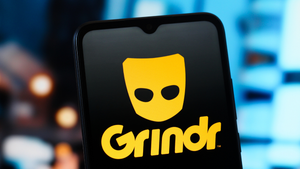





Charlie Kirk DID say stoning gay people was the 'perfect law' — and these other heinous quotes